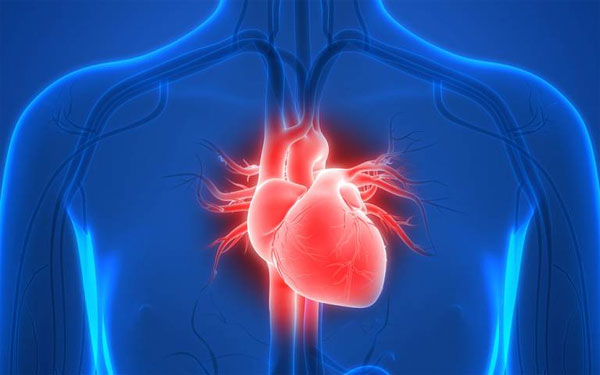Daijiworld Media Network - New Delhi
New Delhi, Jul 17: In a groundbreaking advancement for cardiovascular healthcare, US researchers have unveiled an artificial intelligence (AI) tool that could revolutionise the early detection of structural heart disease — using nothing more than a standard, low-cost electrocardiogram (ECG).
Developed by a team at Columbia University, the AI system, named EchoNext, has shown greater accuracy than trained cardiologists in identifying hidden heart abnormalities, according to a new study published in Nature.
Structural heart disease — which includes conditions like valve disorders, congenital defects, and cardiomyopathies — affects millions globally but often goes undiagnosed due to the lack of accessible and affordable screening tools. EchoNext aims to bridge this diagnostic gap.

“We have colonoscopies and mammograms for other diseases, but no comparable routine test for structural heart conditions,” said Dr. Pierre Elias, Assistant Professor of Medicine and Biomedical Informatics at Columbia University Vagelos College of Physicians and Surgeons.
EchoNext uses deep learning to analyze ordinary ECG results and determine which patients need further testing with echocardiography, a more expensive ultrasound-based imaging tool used to visualize heart structure and function.
“It’s like using the cheaper test to decide who truly needs the more expensive one,” explained Elias. “The AI identifies patterns that even experienced cardiologists can’t detect from ECGs alone.”
The AI model was trained on a massive dataset comprising over 1.2 million ECG-echocardiogram pairs from 230,000 patients. When tested across four hospital systems, including several NewYork-Presbyterian sites, EchoNext achieved remarkable accuracy.
In a head-to-head comparison involving 13 cardiologists and 3,200 ECGs, the AI tool correctly identified 77% of structural heart diseases, whereas the human experts achieved a 64% accuracy rate using only ECG data.
The diseases accurately flagged by EchoNext included:
• Heart failure due to cardiomyopathy
• Valve disorders
• Pulmonary hypertension
• Severe thickening of the heart walls
With over 400 million ECGs conducted worldwide each year, the researchers believe EchoNext could transform routine ECGs into life-saving screening opportunities.
“Each ECG could become a gateway to early detection and timely intervention,” Elias said. “This isn’t just AI for convenience — it’s AI for saving lives.”